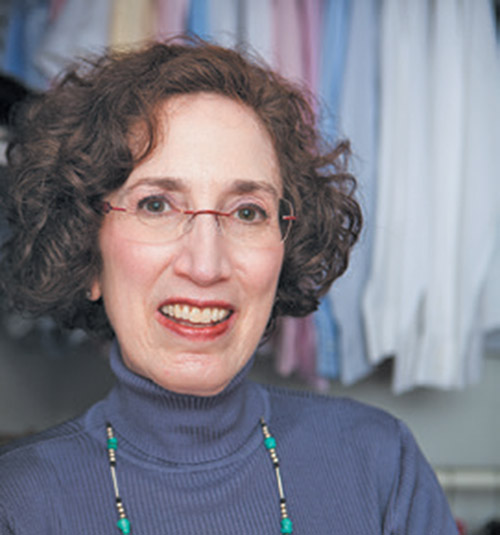

“I’m so ashamed.” “I don’t know how this happened.” “I used to be organized.” “My stuff just got away from me.” “I don’t know where to start to clean up this mess.” “It’s all so overwhelming.” “I can’t find anything so I keep buying new.”
These are typical quotes from clients who suffer from “over accumulation” (or officially known as hoarders). I hear their shame on the phone during our intake conversation. I see it in their eyes when I come to their homes. Typically, they can’t open their front door wide enough for me to walk in without turning sideways. Their body language is defeated when they try to clear a place for me to sit. Many times we end up standing to conduct the initial in-home assessment wherever there is a footprint large enough. If they offer me a drink chances are they are hoping that I will decline because they don’t have a clean glass to serve me water.
Some of the questions I may ask during our first visit: “When was the last time you used your kitchen?” “Does your family visit you?” “Do you feel safe in your home?” “Are you buying food in bulk but never seem to have enough because you can’t find anything?” “Do you have a working toilet?” “When was the last time you were able to take a shower or bath?”
The abundance of stuff builds walls around families and keeps loved ones away. It is isolating to live in overcrowded conditions and the fear of public humiliation is real. Simply put, hoarding is not a sexy illness. It’s scary for everyone including the grandchildren. It’s dangerous for the homeowner or apartment dweller, and impacts the neighborhood. Imagine calling 911 because you are having a stroke or heart attack, and you are unable to get your front door open wide enough to allow the EMS crew to enter and get you out safely. Imagine a fireman climbing over the mound of stuff piled in your living room to get to the grease fire in the kitchen.
Many of my clients have been isolated by their abundance of stuff for so many years, they cannot remember the last time they invited their families or friends over for a cup of coffee or a tuna sandwich. Their kitchens are loaded with expired groceries, the sink is full of dirty dishes, and the fridge has nothing edible to share with guests.
I am honored to be invited into clients’ homes to provide organizing services. I arrive at everyone’s home with a smile on my face and excitement about meeting someone new. The more cluttered the home, the more my heart is open to hear their story and figure out how to help.
Some clients may want a closet tweaking, or an outsider’s permission to let go of clothing that no longer serves a purpose. Many times I am referred by a realtor who needs assistance with a client that needs to downsize their stuff in order to prepare the home for an open house. In some cases I work with seniors who are determined to age in place but need to make the home more safe from trips and falls, as well as make space for a home health aide.
And then there are the calls from family members of accumulators (I am not using the “H” word again because of its intensely negative connotation). These folks deserve my love, understanding and respect just like everyone else I work with. They are proud members of society, live in our neighborhoods and have the same needs, dreams and desires as you and me.
I have a special place in my heart for those who have accumulated so much that their stuff has taken over their lives. It’s not an easy call for them to make when they finally admit that they have a problem. If these words resonate with you, please try to overcome your shame and make a call. You can locate a Professional Organizer on the NAPO website (www.napo.net) and search by zip code under the “Find an Organizer” tab. We are here to serve.
Happy Shameless Organizing!
By Eileen Bergman
Eileen Bergman is a Professional Organizer, a proud member of the National Association of Professional Organizers (NAPO) and the Institute for Challenging Disorganization (ICD). Eileen is listed in the resource directory for the Hoarding Disorder Resource and Training Group. Eileen may be reached at 973-303-3236 or [email protected].










